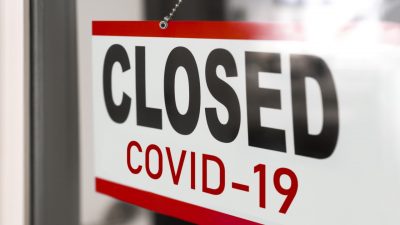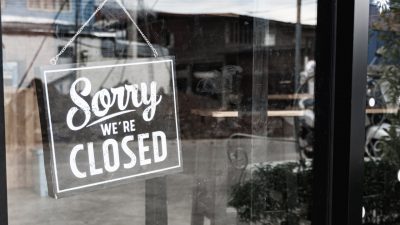Business Interruption – Legal Test Case

Last week the High Court reached a judgement in the Covid-19 Business Interruption Insurance Test Case. Several of our clients have contacted us to ask if the verdict changes their own position.
In short, the answer is “no” – the case related only to policy wordings which were ambiguous as to whether they provided cover, and this didn’t involve any policies which we have arranged.
As always, I will also try to explain the issue more fully, which might also be of interest to readers who are not our policyholders:
The vast majority of Insurance policies clearly did not cover Coronavirus/Covid-19. This is not surprising as this sort of eventuality isn’t the purpose of Business Interruption cover. Business Interruption is designed to cover a business’s lost Gross Profit following damage or loss to the businesses’ own property.
In addition to the standard cover some Insurers also gave some additional cover extensions. The thinking is that if the Insurer is already covering the lost profit following a fire at your own premises, they could extend cover to also cover a fire at your neighbour’s premises which also prevented access to your own (“Denial of Access extension”). Or, rather than just fire preventing access to your premises, they would also extend to cover the premises being closed by the local authority due to a case of legionnaires disease in the water supply (“Disease extension”).
For Temporary Structure and Mobile Toilet Hirers we provide two scheme wordings. Both had Business Interruption extensions, but in both cases, it is clear that no cover exists for Coronavirus. One of the policies has a Denial of Access Extension, however this is limited to denial of access caused by property damage (e.g. the neighbour’s Fire scenario). The other wording has a “forced closure of premises by disease extension”, however, as is standard, the cover was in respect of a list of Specified Diseases only, and furthermore required an order to close from the authorities (e.g. the legionnaires scenario). It is worth noting that even if this wording had been the wider version, i.e. covering any Notifiable Disease, cover would have required for the businesses’ business premises to be forced shut by Government restrictions in the same way as Pubs and Restaurants were. In the Temporary Structure industry generally suppliers’ own business premises have been able to remain open, but it is rather customers cancelling bookings which has resulted in the loss of profits.
We do arrange one policy for a business which did have Business Interruption cover in respect of forced closure of their premises due to any notifiable disease. However, the impact of Covid has been a loss of orders from customers rather than closure of their premises. In fact they have not closed their premises.
To summarise the situation for businesses in general: Business Interruption cover was never intended to cover this sort of pandemic and most policies clearly do not cover it. On the other hand some businesses were able to claim as their policy was worded such that clearly there was cover, albeit inadvertently. In a further selection of cases the cover was ambiguous, which is hardly surprising considering that no one envisaged this scenario and obviously it has never been tested. In the majority of these ambiguous cases in fairness to the Insurers they couldn’t have been expected to pay out before the court had ruled on the ambiguity. If they had done and subsequently the court ruled that there was no cover, then their shareholders would have been enraged, including millions of individuals with Insurance Company shares as part of their pension and ISAs.
As you might image the court hearing has been long and complex. Even the verdict was 162 pages. The court was looking at a sample of 21 wordings from 8 different Insurers. In some cases the court ruled that cover applies and in others that cover doesn’t apply. There is a relative concise and user friendly summary here. As explained the case focused only on non-damage extensions hindering access to a business premises due to government restrictions and/or notifiable disease, or the occurrence of a notifiable disease within a specified radius.
Going forward we will continue to recommend that our clients consider Business Interruption because for many businesses it presents good value. The cover offered by our Temporary Structure and Mobile Toilet scheme wordings is wider than most, as they include interruption resulting from insured damage to the insured’s property away from their own business premises, e.g. a loss of profit resulting from a storm or theft from site.
As is often the case, the press have generally been reporting the story of the Business Interruption Test case with rather misleading headlines. Their angle normally portrays the Insurance Companies as villains with the FCA fighting for justice. I have yet to see a news article explaining that no insurer ever intended to cover this sort of eventuality, that Insurers aren’t at fault for the wordings being ambiguous in relation to an unprecedented event, nor that in ambiguous cases it us understandable that Insurers would wait for the legal interpretation. I hope that the bad press on this issue won’t deter business from arranging Business Interruption cover, which can be invaluable in the event of a major property loss.
I hope this explains the issues. However, if you would like to discuss anything in more detail then please do give us a call on 01962 774421.














